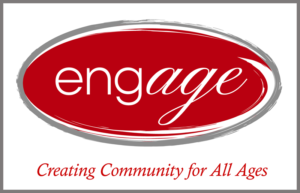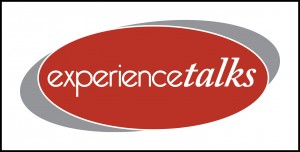
Temperatures continue to be extremely high in the Los Angeles area and in other parts of the country. Older people are at high risk for developing heated-related illness because the ability to respond to summer heat can become less efficient with advancing years. If you don’t have air conditioning, you can go to a cooling center (libraries, recreation and senior centers) Click here for location information in Los Angeles County, click here for Orange County, and click here for San Bernardino County. If you can’t get cool, don’t wait to go to a center!
Here’s important information from the National Institutes of Health:
Heat stress, heat fatigue, heat syncope (sudden dizziness after exercising in the heat), heat cramps and heat exhaustion are all forms of hyperthermia, the general name given to a variety of heat-related illnesses. Symptoms may include headache, nausea, muscle spasms and fatigue after exposure to heat. If you suspect someone is suffering from a heat-related illness:
- Get the victim out of the sun and into a cool place, preferably one that is air-conditioned.
- Offer fluids but avoid alcohol and caffeine. Water, fruit and vegetable juices are best.
- Encourage the individual to shower, bathe, or sponge off with cool water.
- Urge the person to lie down and rest, preferably in a cool place.
Heat stroke is especially dangerous for older people and requires emergency medical attention. A person with heat stroke has a body temperature above 104 and may have symptoms such as confusion, combativeness, bizarre behavior, faintness, staggering, strong rapid pulse, dry flushed skin, lack of sweating, possible delirium or coma.
The temperature does not have to hit 100 for a person to be at risk for hyperthermia. Both an individual’s general health and/or lifestyle may increase the threat of a heat-related illness.
The Centers for Disease Control and Prevention suggest:
- Stay in air-conditioned buildings as much as possible. If your home doesn’t have air conditioning, contact your local health department or locate an air-conditioned shelter in your area.
- Do not rely on a fan as your main cooling source when it’s really hot outside.
- Drink more water than usual and don’t wait until you’re thirsty to drink.
- If your doctor limits the amount of fluids you drink or has you on water pills, ask them how much you should drink during hot weather.
- Don’t use the stove or oven to cook—it will make you and your house hotter.
- Wear loose, lightweight, light-colored clothing.
- Take cool showers or baths to cool down.
- Do not engage in very strenuous activities and get plenty of rest.
- Check on a friend or neighbor and have someone do the same for you.
- Follow additional tips on how to prevent heat-related illness.
Stay cool, stay hydrated, stay safe!


